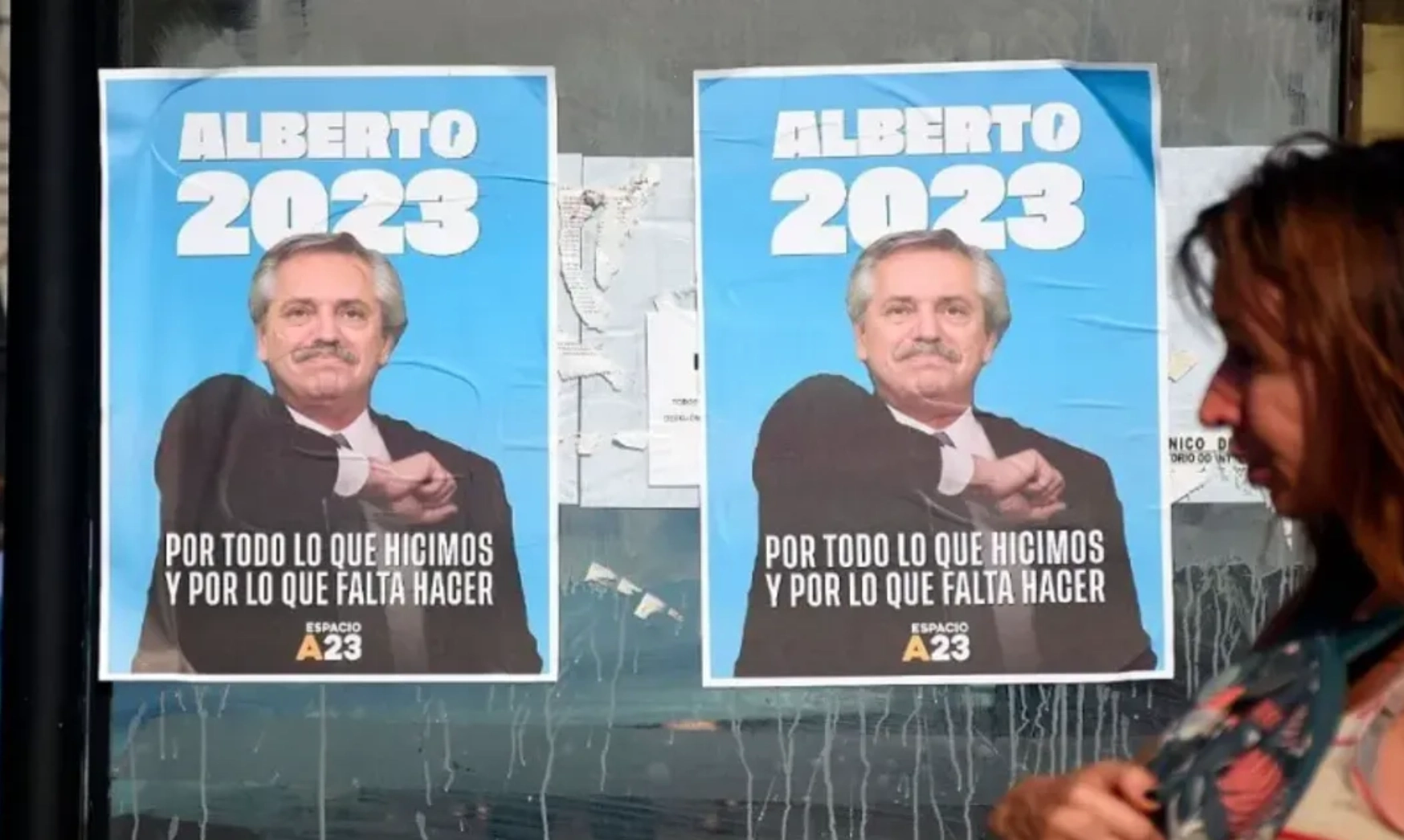The general elections in Argentina are coming soon, and it is still quite uncertain which candidate and which political force could be the winner. Argentina suffers from monthly inflation ranging between 6% and 8% and poverty affects four out of ten people.
It is very strange that in this situation it is not rejected that the ruling front, now called Unión por la Patria (Union for the Homeland), loses the election. Sergio Massa landed in the economic portfolio, a year ago, with the parallel dollar that was quoted at 296 pesos, and today it exceeds 550 pesos. Poverty is still above 40%, according to all measurements, and indigence affects 10% of the population. Furthermore, at the end of July, the Central Bank recorded a negative balance of 7 billion dollars, while agreements continue to be negotiated with the IMF to overcome the crisis and Argentina continues to get into debt.
A year ago, when the macroeconomy was in a less horrible situation than the current one, Massa and his team commented that the country was “flirting with hyperinflation”. In this context, it is difficult to imagine that the candidate of the ruling front can win the elections, especially if the candidate is the Minister of Economy who continues succumbing to us in such a macro – and socioeconomic crisis.
On the other hand, the coalition Juntos por el Cambio – JxC (Together for Change), which is an extension of the Cambiemos Alliance, which won the presidential elections in 2015, continues to strengthen at provincial and local levels. In the elections that have been held in the different districts, JxC has conquered spaces, either by winning governorships or provincial mayorships or by adding legislators in several of these territories.
In this context, JxC’s chances of winning on the national scale, by presenting itself organically as the main opposition, should be extremely high. However, the split within the coalition allows the internal conflict between the “doves”, the most dialogue-minded who respond to Horacio Rodríguez Larreta’s candidacy, and the “hawks”, the most hardliners who respond to Patricia Bullrich’s candidacy, weakens integral support to the coalition.
The internal conflict in Juntos por el Cambio is becoming, at times, stark. In a dirty campaign, it could be seen, with respect to the PASO (internal elections) held in Santa Fe, how the national senator Carolina Losada, a “hawk” of JxC, linked the former Minister of Security of the province of Santa Fe, Maximiliano Pullaro, a “dove” of JxC, to drug trafficking.
Pullaro won the internal election comfortably and Losada, who was supported by Patricia Bullrich and Mauricio Macri, must now recalculate to return to the dialogue with whom he accused of serious crimes. This type of virulent confrontation between peers in the coalition is replicated in the city of Buenos Aires and in several districts.
At the national level, Bullrich hints in her campaign spots that she is the change and that Rodríguez Larreta, her competitor within the coalition, may represent a continuity, that is to say, to continue doing what the ruling party does so badly. Rodríguez Larreta, on the other hand, remembers that Bullrich was part of the 2001 disaster, being Minister of Labor, of the Alianza, that had to interrupt the mandate two years before because Argentina was politically overflowing.
The national internal elections PASO will be held on August 13, and the day after the election, those who have lost it, whether “hawks” or “doves”, will have to convince their voters to vote for their fierce and disqualified opponents in the internal elections.
The third force with chances of success in the next elections in Argentina is La Libertad Avanza, led by Javier Milei. According to different opinion polls, Milei would be losing electoral support or would not be gaining followers at this stage of the campaign. In any case, it is estimated that the libertarian leader could reach the support of approximately one-third of the voters disenchanted with politics and with the “caste” that lives from politics and not for politics.
Probably this possible loss of support for Milei responds to the fact that the alleged buying and selling of candidacies between Milei and Sergio Massa became known. In fact, it was found that a high percentage of candidates in the lists of the libertarian force in the provinces and municipalities are members of Massa’s Frente Renovador and of Kirchnerism, of the “caste” according to the ideology of Milei and his militancy.
Everything indicates that in Argentina we are facing an election of thirds and, for such reason, a second round seems to be the most expected. This is likely to happen because Juntos por el Cambio does not come together and also due to a fact that, perhaps, is being underestimated. In provincial elections (in 19 out of 24 provinces there have been or are being held elections split with the national elections); the electoral abstention reaches between 30% and 40% of the electoral roll.
All this seems to mean at least three things. In the first place, if such a situation is replicated in the country, the percentage of those who do not vote may equal or exceed the percentages assigned by the different pollsters to the three forces with a chance of winning the Presidency. Secondly, not all those disenchanted with politics would vote for Javier Milei, who, in all provinces, obtained a small number of votes or did not compete. And, finally, if those disenchanted with politics do not vote, the forces that have a “low ceiling but a high floor”, as is the case of the ruling party, can win an election, even after having governed badly during the last three years and seven months.
*Translated from Spanish by Janaína Ruviaro da Silva











